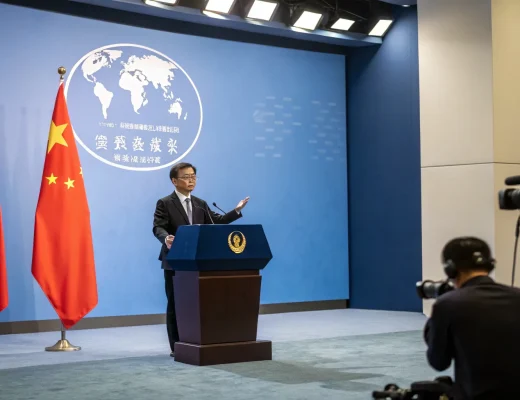Turkey’s Central Bank increases benchmark interest rate amid inflation crisis
by / ⠀News / March 25, 2024
Turkey’s Central Bank has strategically decided to raise its benchmark interest rate from 50% to 45% to manage the escalating inflation. This step comes as the country grapples with an annual consumer price inflation hitting 67% in February, the highest in almost forty years. The bank aims to stabilize the prices of goods and services and restore financial balance in the country.
The one-week repo rate increase is a tactical move to combat inflation, particularly after the core monthly inflation rate surpassed the Bank’s predictions, driven by services inflation. Rising costs in sectors like hospitality, education, and healthcare also factored in the decision. However, this strategy could have detrimental effects, such as slowing economic growth and increasing borrowing costs.
Despite drops in consumption of goods and gold imports, internal demand remains strong, reflecting the resilience of Turkey’s economy.






